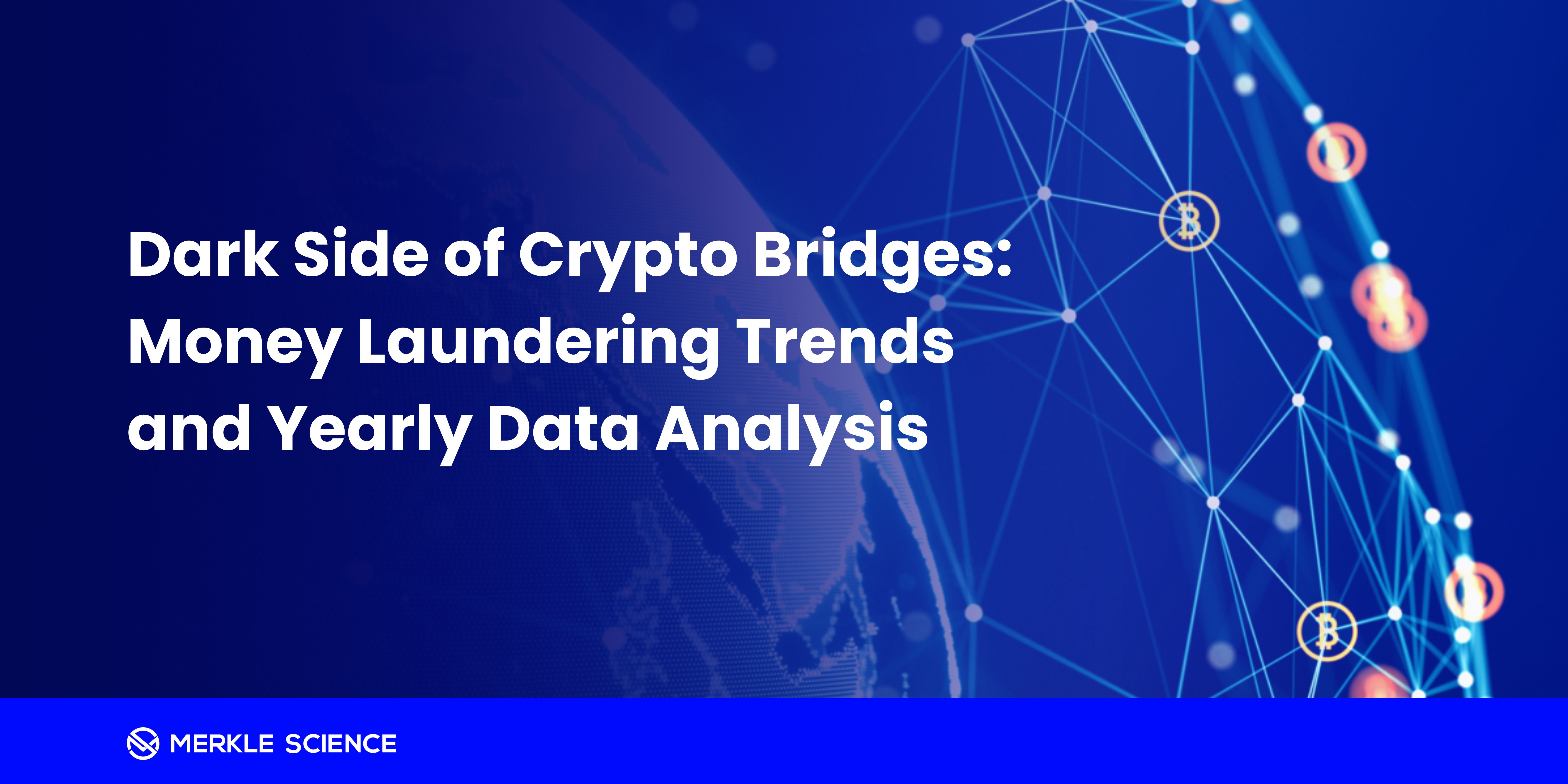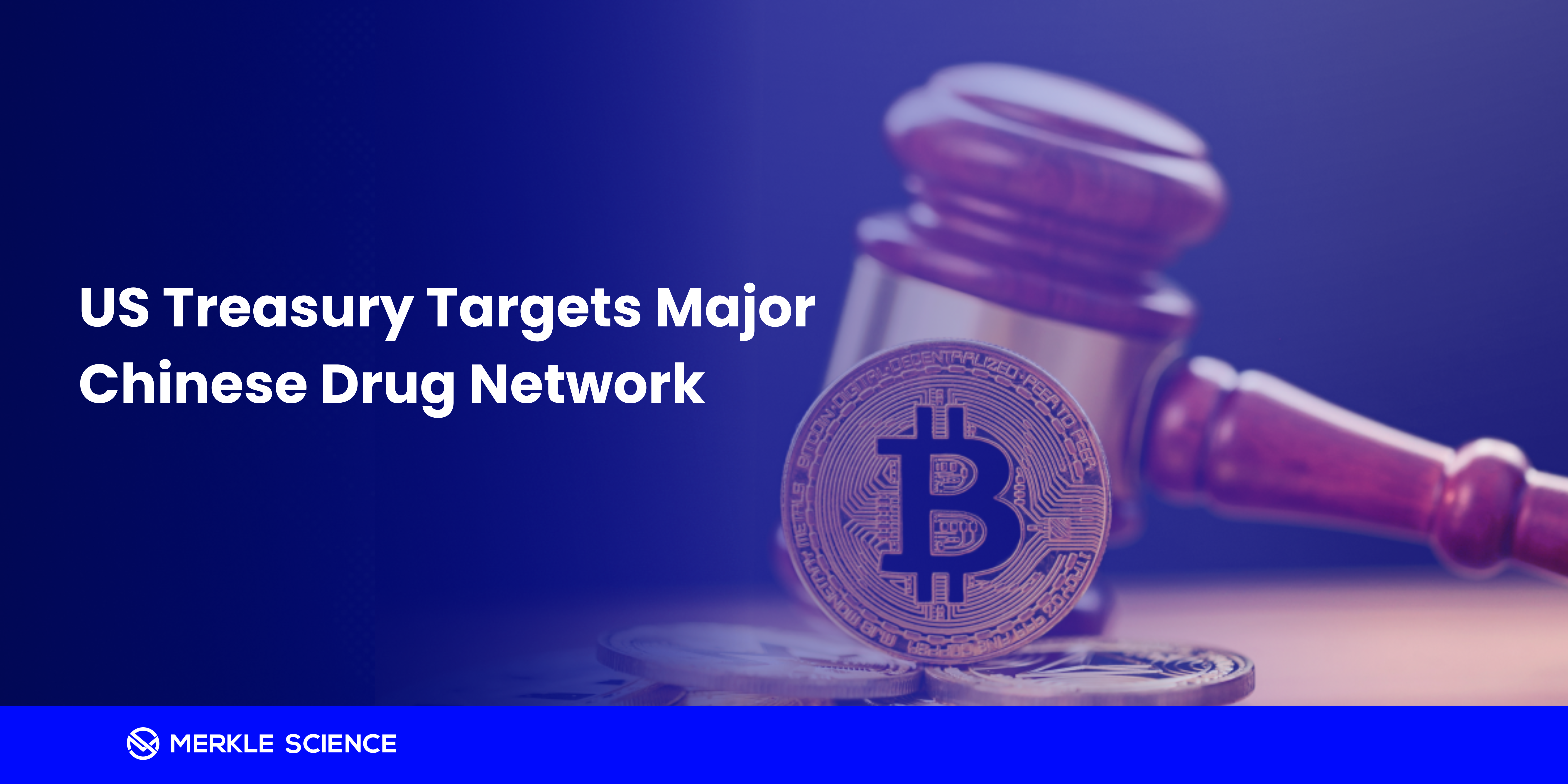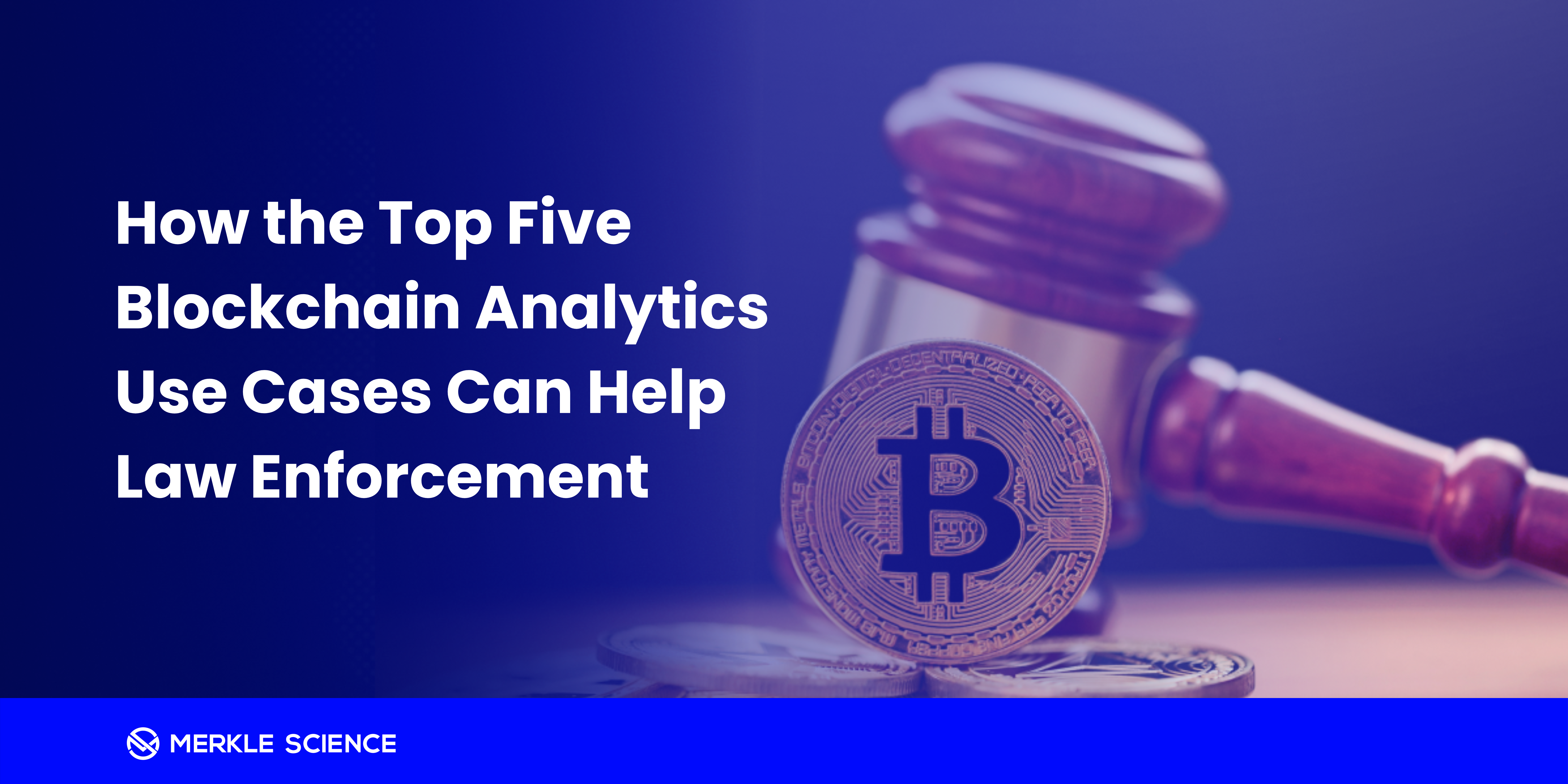Coin Swapping: Money Laundering Tactics on Crypto Exchanges
The rise of decentralized finance (DeFi) has revolutionized how we interact with cryptocurrencies. However, alongside innovation comes the challenge of mitigating illicit activity. Coin swapping, a core function within DeFi, has emerged as a tool for money laundering, raising concerns about the potential misuse of these platforms. In this blog we’ll review how coin swapping on decentralized exchanges (or DEXs) works and why criminals exploit them to launder stolen funds. We'll also explore real-world examples of hacks where coin swapping played a major role in laundering stolen crypto across blockchains.












